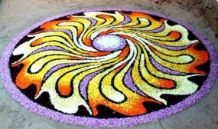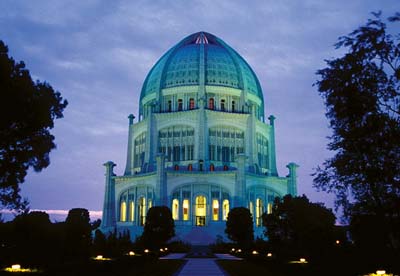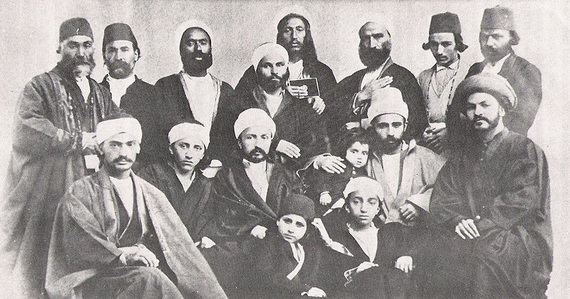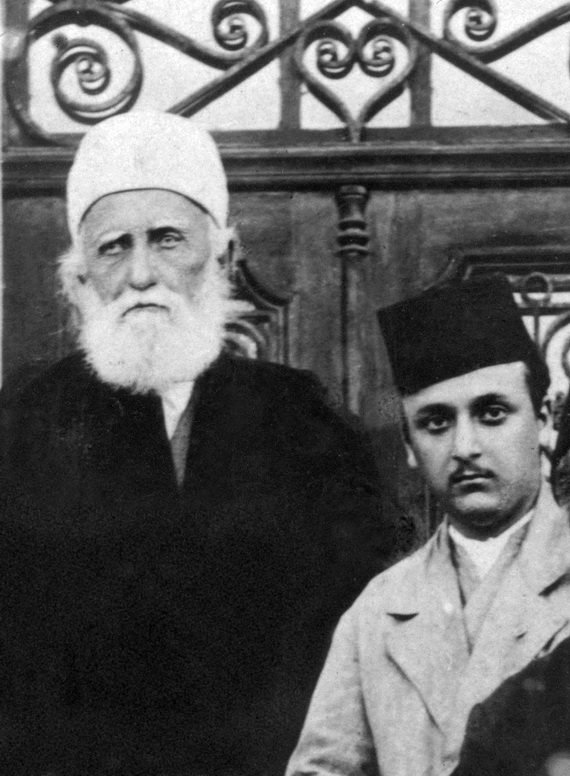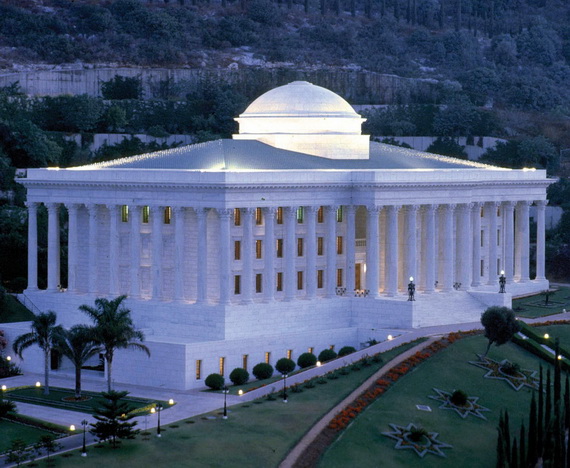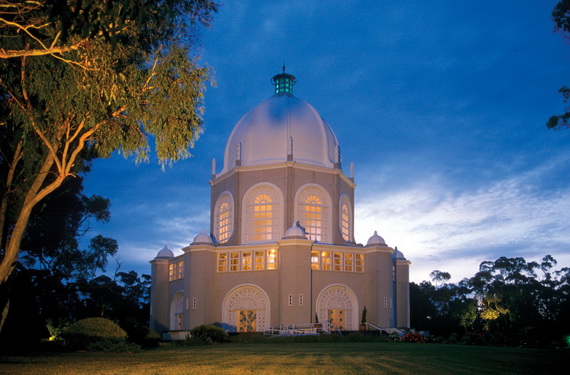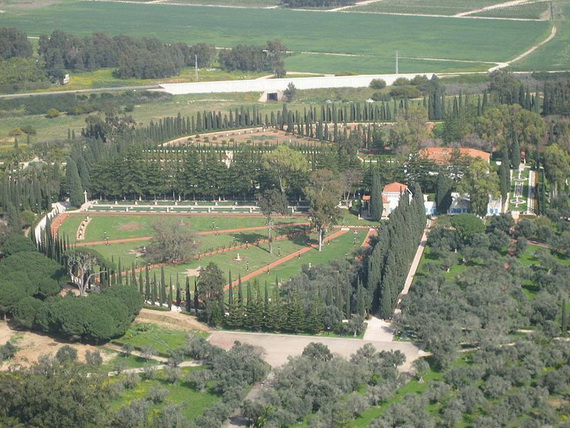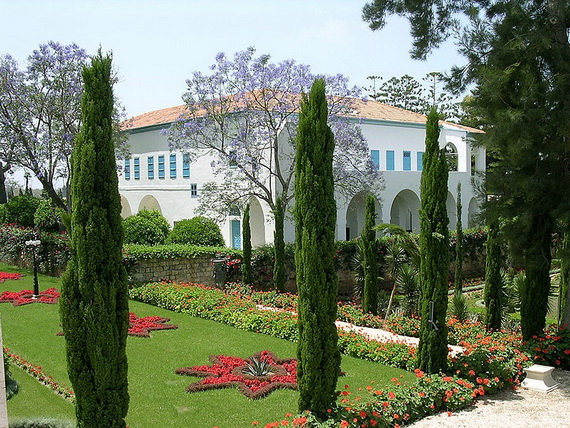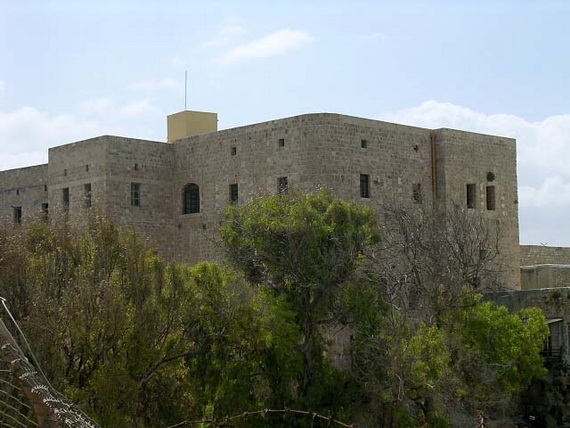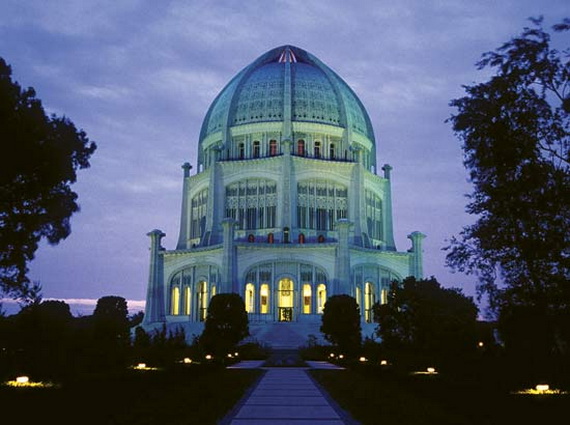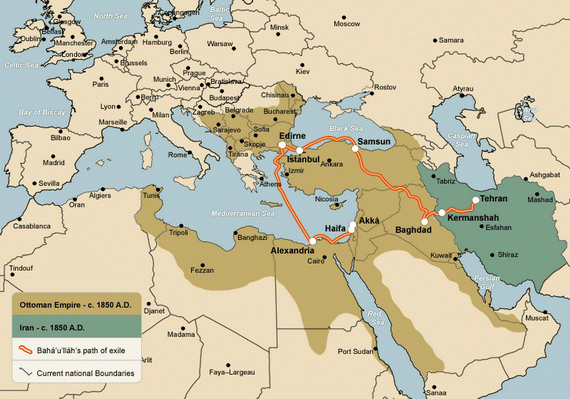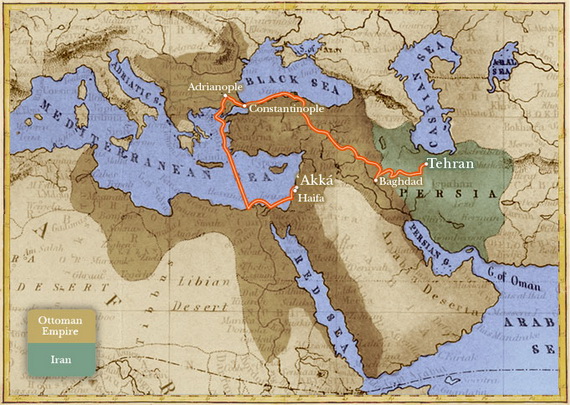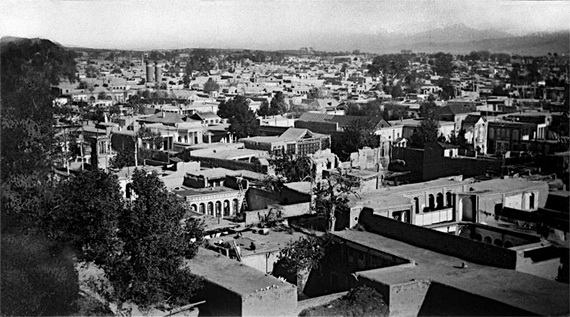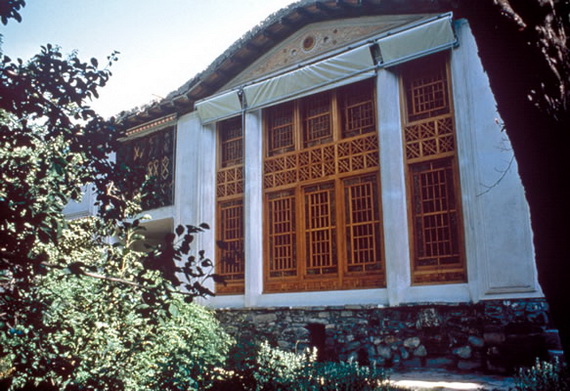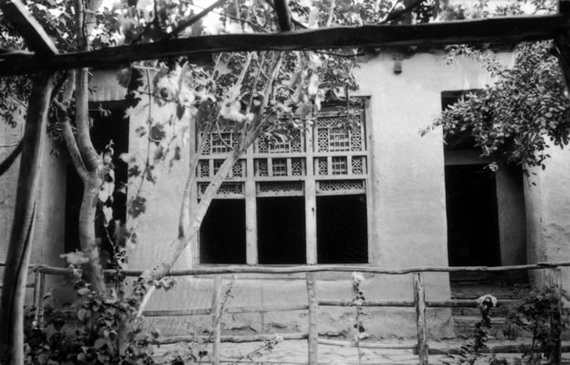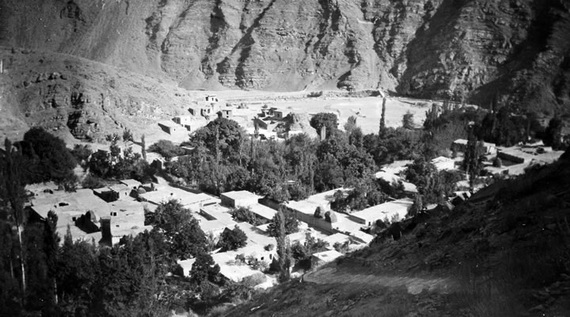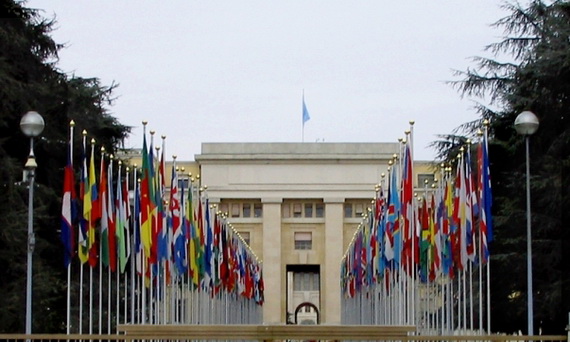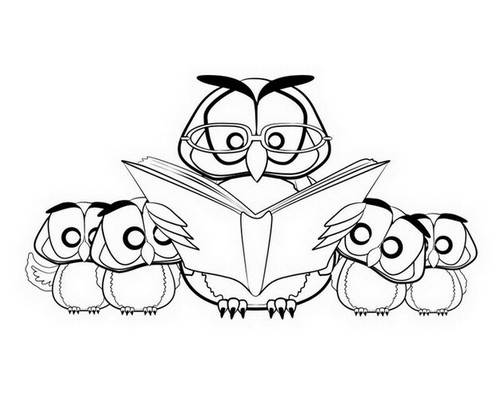Throughout history, God has revealed Himself to humanity through a series of divine Messengers, These Messengers have included Abraham, Krishna, Zoroaster, Moses, Buddha, Jesus, and Muhammad teachings guide and educate all the people through the last and coming years providing the basis for the advancement of human society. The latest of these Messengers is an Iranian spiritual leader Bahá’u’lláh founded the Bahá’í religion in 1863. Bahá’u’lláh, bought a new spiritual and social teachings for our modern age.As all the religions come from the same Source and are in essence successive chapters of one religion from God.He and his followeres believe that all religions are aspects of a universal truth. There is only one God, that all of the world’s religions are from God, and that now is the time for humanity to recognize its oneness and unite.
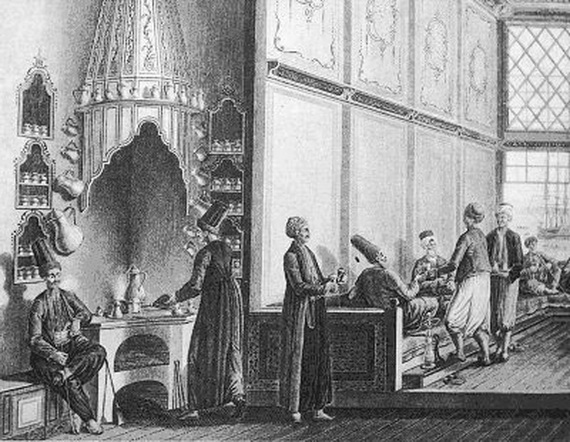
The religion established by Bahá’u’lláh is referred to as the Bahá’í Faith and is sometimes spelled Bahai. It is not considered correct to call it Bahaism. His roles is to abstain from all alcohol and drug use, and to fast for 19 days every year. His teachings about avoiding alcohol and drug use are not simply restrictive rules but practices meant to protect the mind, body, and spirit. The annual fast also reflects this discipline, reminding adherents that spiritual strength often comes from conscious abstinence and reflection.
These principles illustrate a timeless recognition that substances, while tempting as a form of escape, ultimately distance individuals from their higher purpose and inner peace. In the broader world, however, substance use remains a very real struggle, and for many people it takes the form of dependency that reshapes daily life. When someone finds themselves trapped in the cycle of meth addiction, it can feel like a constant battle between fleeting relief and lasting harm, with personal relationships, mental health, and physical well-being caught in the middle. Recovery in this context requires more than just willpower; it demands comprehensive support, structured guidance, and a safe environment that allows individuals to rebuild from the inside out.
The path forward often begins with acknowledging how deeply substance use can affect the mind, shaping thoughts, emotions, and the ability to feel hope or clarity. As recovery unfolds, mental health becomes a central focus, since anxiety, depression, and unresolved trauma frequently sit beneath addictive patterns.
Healing in this space calls for approaches that are compassionate, structured, and grounded in medical understanding, allowing individuals to reconnect with themselves beyond the weight of dependency. In this broader landscape of care, Avesta Ketamine Wellness represents a medically supervised avenue for people facing persistent mental health challenges, supporting inner restoration alongside the recovery process. When the mind is given room to stabilize and regain balance, individuals are better positioned to pursue lasting change, rebuild relationships, and move toward a life guided by purpose rather than escape.
Approaches that address both the physical cravings and the underlying emotional needs offer a path forward, helping people not only break free from dependency but also rediscover a sense of meaning and wholeness that makes lasting change possible. Although there are no clergy, Bahá’í temples have been built in many countries.The spiritual and administrative heart of the Bahá’í community, The Universal House of Justice is located in the twin cities of ‘Akká and Haifa in northern Israel. Along history there wereTwo maps illustrate the route of Bahá’u’lláh’s banishment across the vast regions of Iran and the Ottoman Empire.
The name Bahá’u’lláh is Arabic and means “The Glory of God.” the Bahá’í Faith has spread around the globe.Today, the Bahá’í religion has approximately five million followers around the world, live in more than 100,000 localities and come from nearly every nation, ethnic group, culture, profession, and social or economic background.
The shrine where Bahá’u’lláh is buried, from above.
Mansion of Bahjí
Prison in Akká in which Bahá’u’lláh was imprisoned
Bahāʾī House of Worship
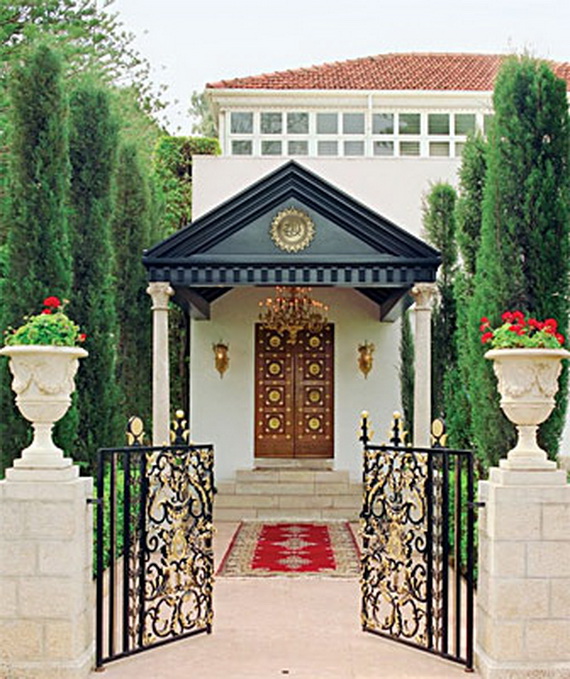
The entrance to the tomb of Bahá’u’lláh. The inscription, an invocation in Arabic meaning “O Glory of Glories,” is a reference to Bahá’u’lláh.
Map with overlay depicting the approximate boundaries of Iran and the Ottoman Empire in 1850 and the route of Bahá’u’lláh’s forced exile from His home in Tehran to the prison city of ‘Akká. Map with modern names and borders.
The childhood of Bahá’u’lláh
Bahá’u’lláh as a youth
Early adulthood











